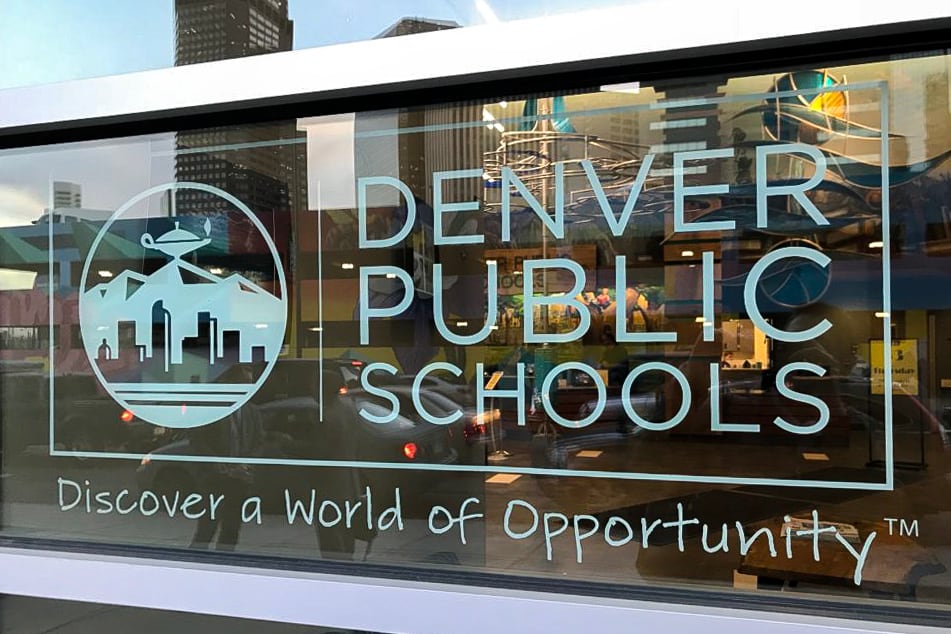Sign up for Chalkbeat Colorado’s free daily newsletter to get the latest reporting from us, plus curated news from other Colorado outlets, delivered to your inbox.
Denver Public Schools’ timeline for deciding on school closures leaves little time for community engagement between when district officials recommend which schools to close or consolidate and when the school board votes on those recommendations.
The timeline was unanimously approved by the school board Thursday night. It calls for DPS to hold a series of six regional community meetings in September and October.
But the list of specific schools the superintendent says should be closed or consolidated won’t be released until Nov. 7, after the community meetings are over. The board is slated to vote on that list of schools just two weeks later on Nov. 21.
District leaders will spend three weeks talking to residents all over the city about declining district enrollment and the broader reasoning behind closing small schools. But they will have just two weeks before the vote to hold more targeted meetings with the students, families, and community members who will be directly impacted by closures.
“The timeline we’ve created for ourselves makes this a more difficult situation this year,” board member Scott Esserman said in an interview. “And it’s really important and necessary that we make these painful decisions and get to a point where we can move forward.”
The district hasn’t hinted how many schools it will say should close, and the closures wouldn’t happen until the end of the school year. But officials have said the decision needs to be finalized by January, when Denver families begin choosing schools for the following fall.
Enrollment in Denver Public Schools has been declining since 2019, and despite a recent influx of migrant students, the district is predicting another 8% drop by 2028. The main reasons are falling birth rates and high housing costs that have pushed families out of the city.
Superintendent Alex Marrero has said he will base his recommendation in part on school enrollment data from the official student count day in October.
A policy adopted by the board in June — and amended this month to tighten the timeline — calls for the superintendent to hold meetings to discuss the “school specific positive implications of proceeding” with a closure or consolidation recommendation and the “school specific negative implications of not proceeding,” among other topics.
But the timeline proposed by Marrero and approved by the board does not include any school-specific meetings before the vote Nov. 21. The only meeting on the timeline between Nov. 7 and Nov. 21 is a school board public comment session on Nov. 18.
Esserman said the school-specific meetings will indeed happen in that two-week timeframe. But he said the district hasn’t scheduled or announced them because Marrero hasn’t decided which schools to recommend for closure.
Before board members approved the timeline Thursday, Marrero repeatedly drew their attention to the two-week period between the Nov. 7 recommendation and the Nov. 21 school board vote.
“I want to make sure everyone is aware that those two weeks are going to be intense for the district, but particularly [for] the board,” Marrero said.
He added that once he and his team make their recommendation for which schools should be closed or consolidated, “we are not going to be convinced otherwise.”
“We are going to stay firm,” Marrero said.
District leaders have said that they want this year’s school closure process to be smoother than past processes, which were full of stops and starts.
The board first directed the district to close small schools in 2021. Denver schools are funded on a per-student basis, and schools with low enrollment can’t afford as many programs and teachers.
But it took nearly two years of changing policies and shifting recommendations before the board voted in March 2023 to close three small schools at the end of 2022-23 school year. DPS has not closed any district-run schools since then.
At least six Denver charter schools have also closed since 2021, most of them due to low enrollment. Charter schools are publicly funded but run by their own boards of directors, not by DPS.
Neighboring Jeffco Public Schools, which is the second-largest district in Colorado behind DPS, has closed 21 small schools since 2021.
Denver Public Schools changed the dates and times of some of the regional community meetings after this story was published. The story has been updated to reflect the new dates and times.
Melanie Asmar is the bureau chief for Chalkbeat Colorado. Contact Melanie at masmar@chalkbeat.org .





